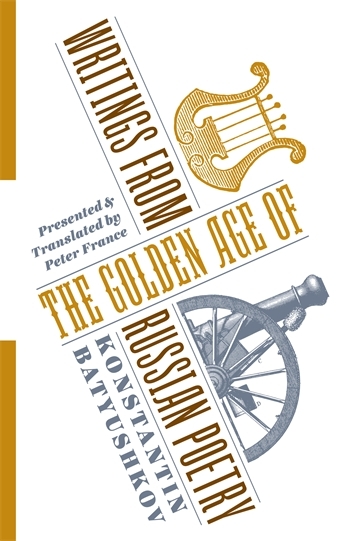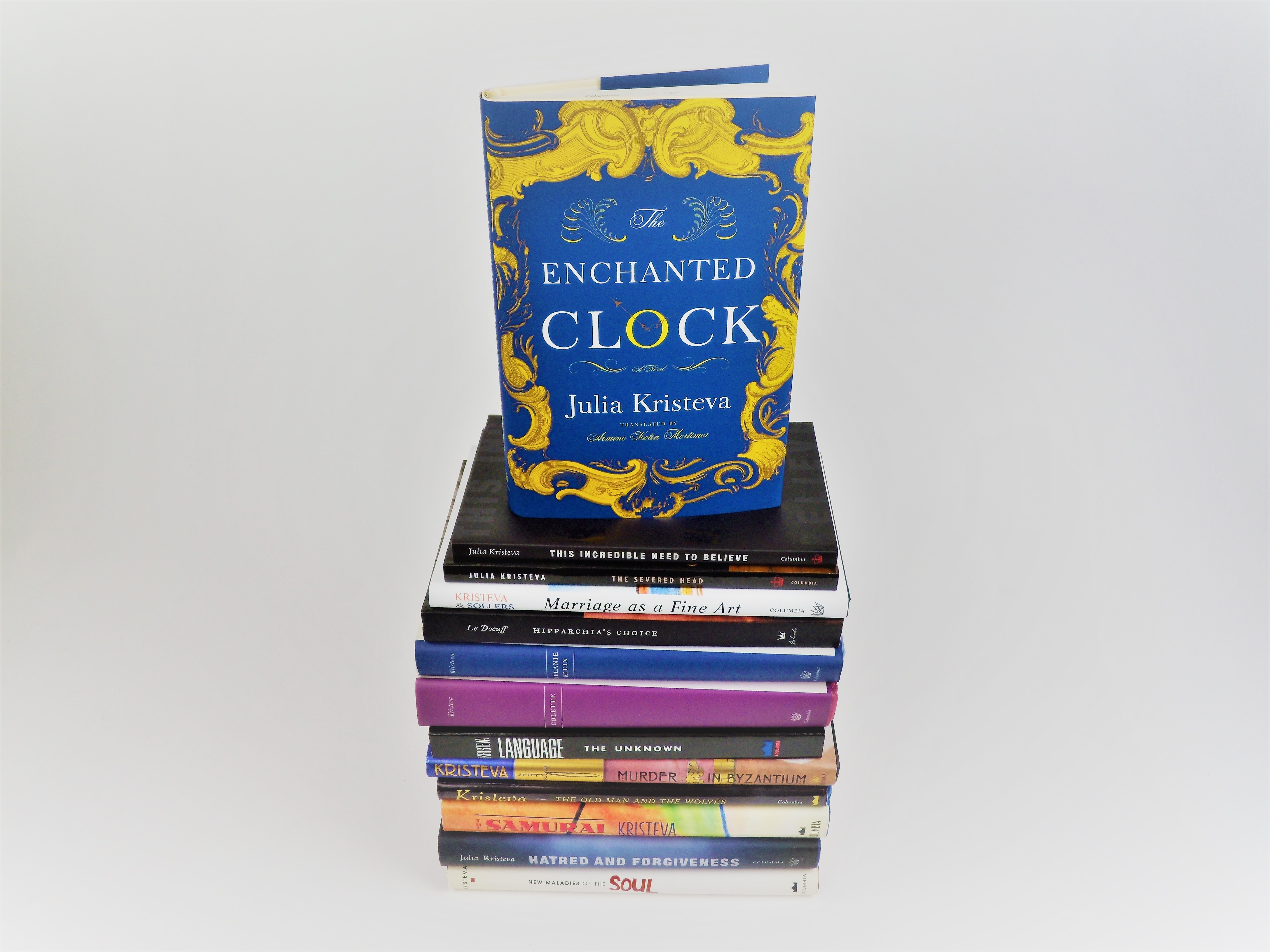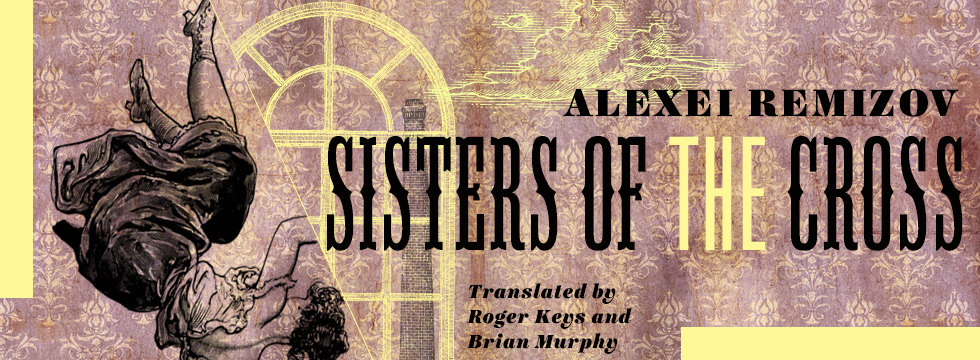A Nineteenth-Century #MeToo Moment?
Nora Seligman Favorov

There is a scene in Sofia Khvoshchinskaya’s 1863 novel City Folk and Country Folk where Olenka, the young female protagonist, and Erast Ovcharov, the urban sophisticate who is staying at her mother’s estate for the summer, are both riding in a carriage, going to visit Katerina Petrovna, another city noble who has an estate near Olenka’s family’s. Ovcharov and Katerina Petrovna have been friendly for decades, and the purpose of his trip is to inquire why she has suddenly shown him the cold shoulder. Olenka is traveling there because Katerina Petrovna has summoned her to spend time with a young man she wants Olenka to marry.
Riding along on a beautiful summer day, Olenka and Ovcharov are having very different thoughts. After briefly dreaming of a handsome young officer she is interested in, Olenka begins to reflect on the purpose of her trip and the difficult situation in which she and her mother find themselves. Because Katerina Petrovna is a wealthy and prominent Muscovite, they are generally expected to show her deference, but the young man with whom she’s trying to pair Olenka is personally and financially unattractive.
If City Folk and Country Folk has one overarching theme, it is the nature of power in a time of change…
Before this carriage ride, the narrator had dropped hints that the hypochondriacal Ovcharov was experiencing a sort of sexual awakening during his time in the country, and his proximity to Olenka in the carriage has put him in a certain mood. He thinks to himself:
This girl is, of course, in love with me, since she’s never seen anyone like me before. That’s why she’s been fidgeting, giggling, and mocking me for some time now; from the very first day she’s been fidgeting and mocking, because she’s embarrassed, and for our rustics what other expression of love can there be, especially toward someone who is not quite attainable?
Since the “setting was so convenient, it being impossible for her to flee from the carriage, unlike during their walks through the fields, where she was able to escape so nimbly” he decided that it would be “good to bring this love a little to the surface.”
He engages her in flirtatious conversation and then pounces. Olenka shoves him to the opposite side of the carriage and threatens to hit him if he so much as budges.
Is this a nineteenth-century #MeToo moment?
If City Folk and Country Folk has one overarching theme, it is the nature of power in a time of change (the novel is set in 1862, one year after the liberation of the serfs). The three city folk who enter the lives of Olenka and her mother that summer take it as an uncontestable truth that they are the social superiors of Olenka and her mother, a hardworking landowner who runs her own, relatively modest (50-peasant), estate.
None of the urban nobles seem to have very much money anymore … but they feel that their social currency should have unquestioned value.
None of the urban nobles seem to have very much money anymore (Katerina Petrovna apparently owes Olenka’s mother a significant sum), but they feel that their social currency should have unquestioned value.
After Olenka rejects Ovcharov’s advances, he tries to exact revenge. Before the rejection he had supported her desire to refuse Katerina Petrovna’s match. Now, he promotes it, urging Olenka’s mother to “exercise her maternal authority” for Olenka’s own good and force her to marry Katerina Petrovna’s choice.
The twenty-first-century men who make or destroy careers depending on women’s reactions to their advances have real power. City Folk and Country Folk is the story of city nobles who tried to manipulate members of the lesser nobility to their own ends. It explores the difference between genuine power and power that depends on social convention and tradition.
The novel’s denouement centers on an act of great courage by Olenka, who shocks the city folk by boldly confronting them with their hypocrisy and refusing to bow to their will.
The novel’s denouement centers on an act of great courage by Olenka, who shocks the city folk by boldly confronting them with their hypocrisy and refusing to bow to their will. What power the city folk have rests on the fact that they can effect the Chulkovas’ social ostracism. It may be difficult, from today’s perspective, to appreciate the courage it would have taken Olenka to risk alienation from her peers. She exhibits true bravery, but also, perhaps, an understanding that cracks are beginning to appear in the old social order.
Olenka is a unique character in nineteenth-century Russian literature: a seventeen-year-old girl more interested in local gossip and the latest fashion than the world of ideas who is nevertheless a positive figure whose bold action serves to bring about a positive outcome for herself and her mother—a far cry from the earnest and self-sacrificing young heroines created by Khvoshchinskaya’s male counterparts.
It is my hope that having this novel available in translation will ultimately promote scholarly study—including at the undergraduate level—of Olenka’s place among the other young heroines of nineteenth-century literature, the best known of whom, of course, are the products of male authors.





